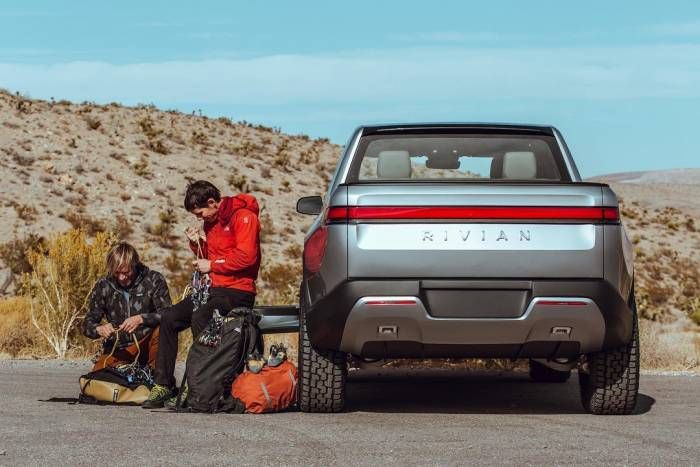Read The Full Article On: Carsdirect
Despite all of the hype behind Tesla and the introduction of more affordable electric vehicles like the Hyundai Kona EV and the Chevrolet Bolt EV, the majority of consumers still haven’t been in an electric car. According to a recent J.D. Power study, 70% of Americans have never been in a vehicle that runs on electricity. Additionally, 30% know nothing about them. With automakers pouring millions into developing new EVs, it’s surprising to hear.
One consumer seemed to be confused about the batteries in electric cars. “Once the batteries need replacement, how expensive are they? How do old electric car batteries affect the environment? Are they able to be recycled, or will they make the landfill even more toxic?” asked the unnamed consumer. These are all very good questions, and in defense of the anonymous consumer, this is the kind of information that automakers don’t make readily available. So, we understand why there’s a lot of confusion surrounding the vehicles.
Unfortunately, deals on EVs, plug-in hybrids, and hybrid vehicles aren’t available as widely as ones for conventional gas models, either. While brands like Nissan, General Motors, and Hyundai are all offering excellent deals on new vehicles, their respective electric vehicles aren’t included in the mix. Nissan’s 0% APR for 84 months offer is only for the 2019 Nissan Frontier and Titan. GM’s similar offer includes vehicles like the 2020 Chevrolet Equinox and the GMC Sierra. Hyundai is also offering a similar deal, but it excludes the 2020 Hyundai Kona Electric.
Beyond deals, there’s the issue of available tax credits for electric cars. Both GM and Tesla hit the 200,000-vehicle cap, which set the decrease in tax credits in motion. Tesla’s tax credits dried out in 2019, while GM’s ran out at the end of March. Seeing as how a tax credit extension is unlikely, there’s a strong chance that future electric cars from these automakers will not be offered with federal tax credits of any kind. Nissan is the next automaker in line to reach the 200,000-car mark.
J.D. Power’s study revealed that the number of available charging stations, a lack of overall driving range, and price remain the three main factors holding electric vehicles back for American consumers. Fun fact, these were the same three barriers when J.D. Power studied consumer interest in EVs back in 1997. It’s been 23 years and consumers still have the same concerns.
A host of exciting electric vehicles are on the horizon. A few include the Audi e-tron GT, Audi e-tron Sportback, BMW i4, Lucid Air, Mercedes-Benz EQC, Mercedes-Benz G-Class Electric, Volkswagen ID 4, Tesla Roadster, Rivian R1T, and Rivian R1s. Unfortunately, while these electric vehicles will look to expand the growing number of entries in the world of battery-powered machines, it’s unlikely that they’ll help consumers make the switch. More options, even if they’re more affordable

